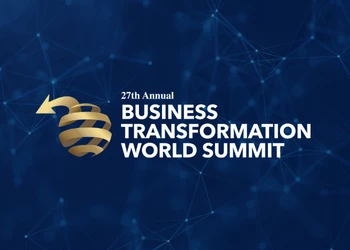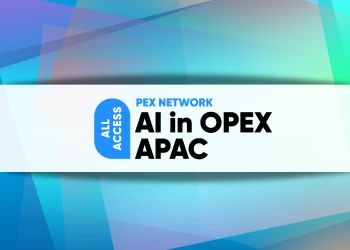Evolving Process Excellence (Part 7): Stop being so dogmatic! Process excellence is about improving the business
Add bookmark
|
What does the future hold in store for Lean Six Sigma? In the final of our 7 part series on Next Generation Process Excellence, senior professionals weigh in. Process Excellence has flown under many different banners over the last century: Total Quality Management, Lean, Six Sigma, Statistical Process Control, Business Process Management, Quality, Continuous improvement, among many others. Many overlaps exist between the different methods and approach but each is slightly different from the next. Lean and Six Sigma – methods that together seek to improve efficiency and quality – have emerged as front runners over the past decade or so. Many companies – ranging from giant manufacturers through to banks and hospitals - have adopted either the Lean or Six Sigma methodologies (or the combined Lean Six Sigma approach). |
What does the future hold in store for process improvement? |
But is the tide about to change? What combination of skills and methods will be relevant in the decade ahead?
In the final of a 7 part series looking at next generation process excellence, senior quality and business transformation professionals offer their suggestions on bridging the IT and business divide and what role process professionals should play in it.
The following transcript has been excerpted from a roundtable discussion recorded last year. For a full transcript of the debate, download this whitepaper: Quality and Continuous Improvement in an Age of Transformation.
The following transcript has been edited for readability.
Question: Where do you see Lean Six Sigma headed? Do you think more firms will come to rely on Lean Six Sigma?
|
Gregory North, Vice President Lean Six Sigma, Xerox: My sense is that we change the terminology a lot, decade to decade. I go back to Juran and quality management systems and then the introduction of Lean and Six Sigma. I think what we have to do is to be open and willing to be less adherent to labels and more focused on capabilities and competencies. I think, as long as we do that, we need to understand that while some things will always be true new things will always have to be brought in, learned and deployed. |
|
Vince Pierce, Senior Vice President Global Business Transformation, Office Depot: I tend to shy away from locking into specific methodologies, so I just use the term process excellence. The definition we’ve got here is that it encompasses everything in the space that’s relevant to drive improvement in our business. That’s Lean, that’s Six Sigma, that’s old school TQM – and more. Trying to distinguish the bits and pieces on which one is better, to me, is just not a value-adding discussion. |
I think we still will use Lean Six Sigma in the market place. But look at the title of the forum that we’re talking in - Process Excellence Network. This isn’t the global Lean Six Sigma network…as process excellence, we invite everyone from the various disciplines under that umbrella to the discussion, and it’s always a good one. So I agree with Greg; the importance of labels is somewhat misplaced sometimes and it is about the competencies and ultimately, it’s about improving the business.
|
Estelle Clark, Business Assurance Director at Lloyd’s Register: I also don’t use the labels Lean Six Sigma, Lean, and others. I think the organization that I work for is often surprised that I seem to have a bunch of people who can make things happen successfully. If the organization thinks that that’s a miracle and don’t understand that we use some tools to achieve what we do, I really don’t mind as long as they keep work coming our way. |
However, I do think that we do need to make sure that use all the tools that we have learnt. Some of the quality tools go back many, many generations. And it’s important to add to them. We must add new capabilities that mean that we can link strategy and understand the business operating model and the much bigger picture and the new capability of being able to run multiple programs and projects together, in order to fuel the transformation agenda.
[eventPDF]























